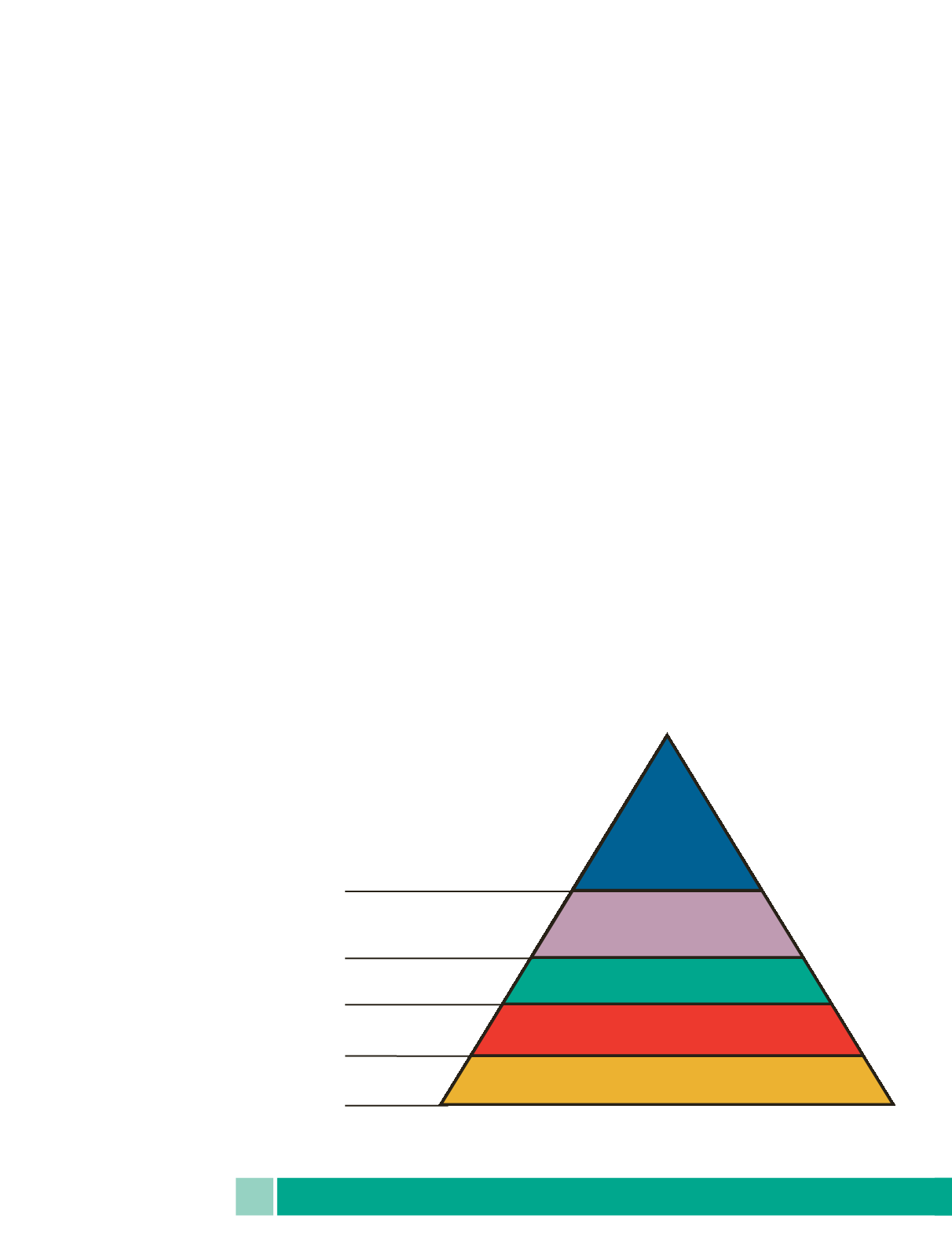

understand the types of rewards that would
be most effective in getting university staff
members to improve speed and accuracy in
the incentive lab, as reported by BI
Worldwide in the white paper, “Why Cash is
a Less Effective Incentive.” Jeffrey compared
cash against two non-cash awards: a verbal
“thank you” from management and stress-
relieving and relaxing massages.
The cash reward group improved their
performance by 14.6 percent over the con-
trol group that received only the “thank you”
(even the control group improved their per-
formance because just the act of measuring
the behavior is likely to improve the results.
We pay attention to what we measure). But
the tangible rewards group who got mas-
sages improved by 38.6 percent over the
control group.
Curiously, when asked to rate their pref-
erence for cash in a post-program survey,
two-thirds of those who earned non-cash
awards in the study still said they would pre-
fer the cash value of the prize, even though
they had out-performed those who received
cash in the study.
Other benefits of using merchandise
awards vs. cash are these:
• Merchandise can be tied to the theme of
the program or the marketing message,
reinforcing the message the sponsoring
company wants to send.
• Merchandise is purchased at a discount
for corporate programs; cash costs
more than face value to administer
and disperse.
• Merchandise offers “trophy value.”
Recipients are more likely to tell friends
and family about a merchandise award
than they are to discuss a cash award.
• Recipients often choose award items they
would not normally buy for themselves;
cash is often used for gas or groceries,
with nothing tangible to show for it, and
many times the recipient can’t even
remember how they spent a cash award.
This translates to little residual value for
the sponsoring company.
The Incentive Research Foundation
(www.irf.org), in cooperation with the
Incentive Marketing Association
(www.ima.org), recently completed a partici-
pant study documenting incentive program
participant preferences. This in-depth study,
conducted by an outside agency, captured
information from more than 450 participants
on preferences of more than 80 non-cash
award types as well as cash to determine pref-
erences. Recognition aspects were also
included to determine each person’s most-
and least-desired total award experience.
Following are just a few of the findings:
• Of 452 participants, 448 had unique award
profiles (an indicator that it makes sense to
offer a choice of rewards).
• When looking at the total award experi-
ence, the study found that for large rewards
(e.g. typical for an annual sales program),
when participants were rewarded by the
appropriate level of management, with
effective communication and appropriate
professional development, 80 percent
would prefer incentive travel and experi-
ences over cash in that award scenario.
• For small awards (e.g. those typical of
short-term and spot recognition pro-
grams), when participants were rewarded
by the appropriate level of management,
with the effective communication and pro-
fessional development impact, about two-
thirds preferred a personally meaningful
non-cash award to cash as well.
• The study also found that between 40 and
70 percent of a participant’s desired award
experience was determined by non-award
presentation factors, such as who gives the
award, how it’s communicated and what
professional impact it carries.
Awards To Satisfy Higher Needs
There are several behavioral and motiva-
tional theories that explain our need for recog-
nition. An example that is most often used is
Maslow’s Hierarchy of Needs (see below).
44 •
PPB
• DECEMBER 2015
GROW
Recipients often choose award items they would not normally buy for them-
selves; cash is often used for gas or groceries, with nothing tangible to show
for it, and many times the recipient can’t even remember how they spent a
cash award.
“
”
Self-actualization
Esteem
Love/belonging
Safety
Physiological
morality,
creativity,
spontaneity,
problem solving,
lack of prejudice,
acceptance of facts
self-esteem, confidence,
achievement, respect of others,
respect by others
friendship, family, sexual intimacy
security of body, employment, resources,
morality, the family, health, property
breathing, food, water, sex, sleep, homeostasis, excretion
















